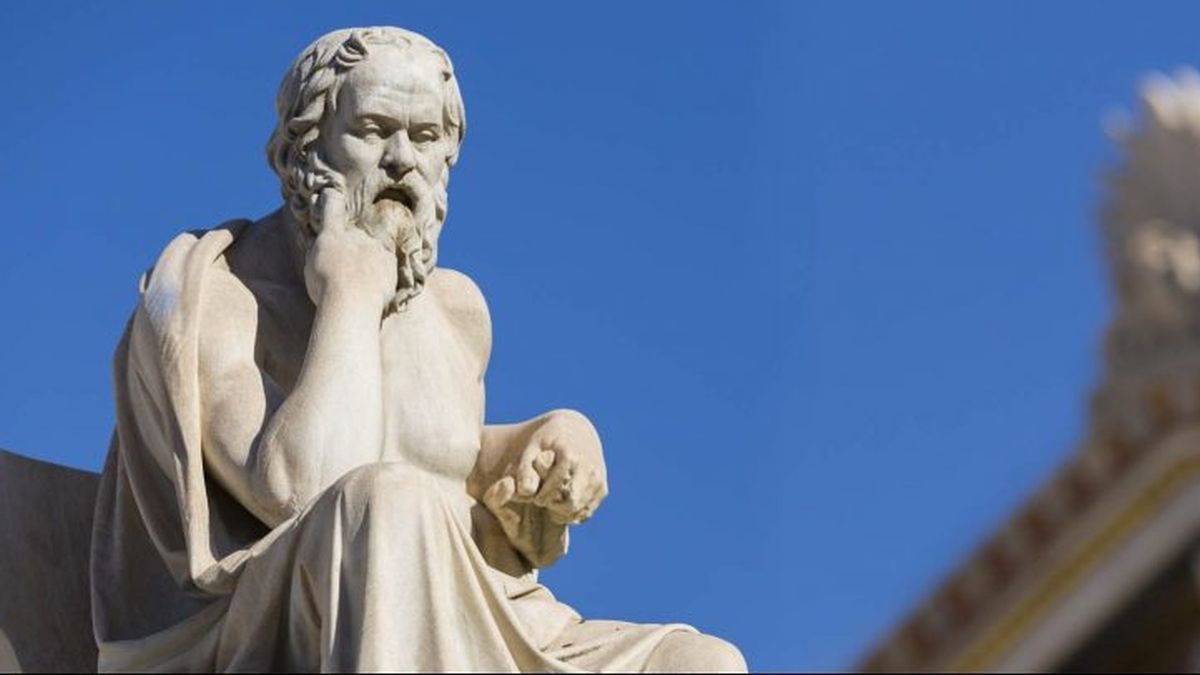More than a fashion of personal development, practices such as practical philosophy, ontological coaching or humanistic psychology rescue an urgent and timeless need: think about ourselves again. In a saturated culture of instant responses, the value is in the questions that bother, deepen and transform.
We live in the era of rapid solutions. Search engines, artificial intelligence, express tutorials and social media gurús train us, day after day, to look for lists and external responses. However, What is most scarce is not the information, but the ability to think with depth, criteria and autonomy.
This is where disciplines that drink from the Socratic tradition again collect relevance. Either in a philosophical dialogue, in a therapeutic conversation or in a well -understood ontological coaching session, what is grown is not the transfer of knowledge, but the art of asking. Nor to obtain a correct answer, but to observe different and open new ways to inhabit the world.
From the ontological coaching we understand that each conversation can transform the observer that we are: that particular and unique way to see, interpret and act in the world. The questions that really bother and mobilize often arise from a break, a moment of interruption that opens the door to learning. Where before we saw certainties, the opportunity to choose with conscience appears.
Socrates, the Greek thinker who walked through manuals or formulas, did not teach: he asked. Through his Mayéutic method, he helped his interlocutors to “give birth” his own ideas. Today we could see it as a precursor to critical thinking and a facilitator of consciousness processes. What would you tell us about the saturation of content, the multitasking culture or burnout syndrome? Probably, the same as then: “Know yourself.” And maybe today: “Talk about yourself. Question what you take for granted. Listen before answering.”
This approach is not limited to the professional field. It is equally transformative in our daily relationships: when instead of reacting with certainty, we ask our children curious; When instead of imposing, we really listen to our partner; When we stop to observe our beliefs, automatisms and emotions before judging or deciding. Educating, loving and living together can also be – and perhaps it should be – a philosophical act.
The ontology of language – a current of thought that inspires ontological coaching, among other approaches – part of a powerful premise: we not only talk about reality, but we build it with our words. Our conversations are not neutral: they create possible worlds. Therefore, changing a conversation can be the first step to change a life. This idea is also shared by transformative pedagogies, currents of emotional education or even by literature, when it invites us to inhabit other worlds and senses.
In the working world, where more than half of the employees report feeling emotionally disconnected (Gallup, 2024), ReTaking own thinking spaces and deep conversation becomes not only necessary, but strategic. It is no longer about repeating motivational phrases, but generating questions that open new possibilities of action, meaning and well -being. Questions that, many times, do not answer in Google.
In times of immediacy, returning to the philosophical root of thought is a subversive act. And if we manage to reinstall the value of the pause, the silence, the listening and the question – from wherever we do -, we will be cultivating something deeper than a technique: a cultural practice for a new era of consciousness.
Because as the ontological coaching poses, transforming our way of talking – with others and with ourselves – is the first step to transform the way of being in the world.
Psychologist, vice president of the Argentine Professional Ontological Coaching Association (AACOP)
Source: Ambito
David William is a talented author who has made a name for himself in the world of writing. He is a professional author who writes on a wide range of topics, from general interest to opinion news. David is currently working as a writer at 24 hours worlds where he brings his unique perspective and in-depth research to his articles, making them both informative and engaging.




